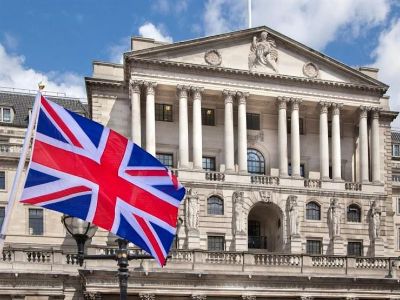
-
Published: 25 February 2023

The British Treasury has asked Parliament to approve up to 200 billion dollars to cover losses from the Bank of England's money printing program, but MPs warned that taxpayers are about to get an "avoidable" bill.
Edited by| Tony Wild
Economic section - CJ journalist
London — 25 Feb 2023
In addition to covering losses in the so-called quantitative easing program, officials asked Parliament to approve the spending of an additional 180 billion dollars. this disclosure is a sign that British households will have to cover huge losses with the sale of the stock of government bonds accumulated over the past decade and a half.
Under a landmark agreement reached when QE was first launched in response to the financial crisis, the government agreed to cover any losses incurred by the bank on bonds it bought to help support the economy.
The annual appropriation for this arrangement has increased from the previous figure of only 20 billion dollars, which was set less than 12 months ago. The huge jump reflects the fact that rising interest rates have reduced the value of bonds that the bank bought during the covid pandemic and the financial crisis to keep the economy afloat.
Losses are realized because quantitative easing has created reserves that commercial lenders keep in the form of deposits. Threadneedle Street pays interest on those reserves at the current base rate of the Bank of England. When interest rates were at record lows, the cost of paying interest was more than covered by the money earned on government bonds.
However, interest rates have risen to 4%, which is higher than the average interest rate earned on gold holdings, the bank pays more on QE deposits than it earns on bonds. The Treasury should step in and cover the difference.
